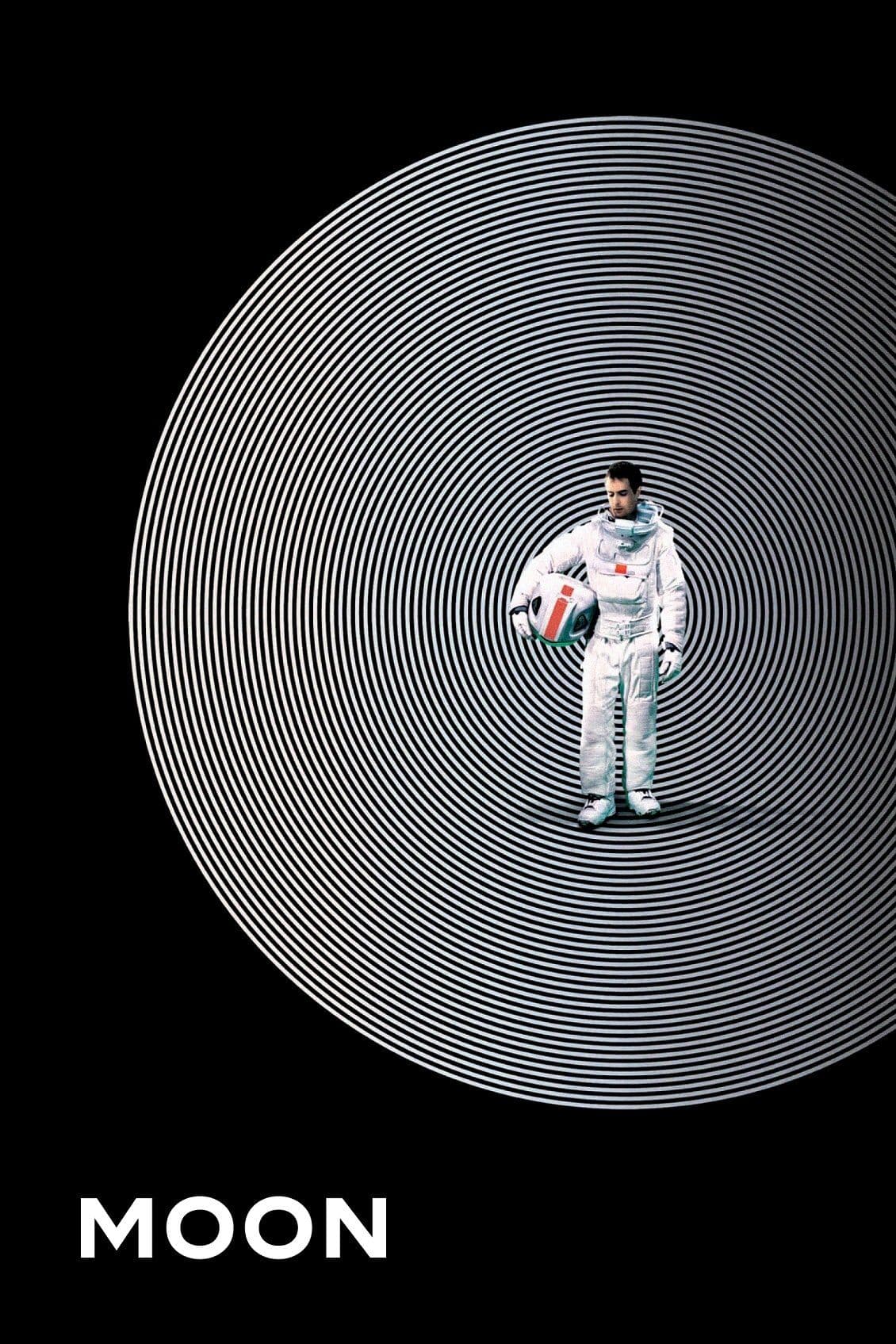
Moon
2009
Rate this movie
Average: 0.00 / 5
(0 votes)
Director
A well-crafted low-budget film, made with very few resources (a total budget of five million dollars) yet fascinating in its core idea of the Doppelganger and the paranoid implications of discovering another self. It is not merely a physical doubling, but a true ontological disorientation, a philosophical vertigo that questions the very nature of identity: what makes us unique? Is it memory, experience, individual consciousness, or something deeper and undefinable? The film delves into these existential folds, evoking echoes of literary works like Dostoevsky's "The Double" or themes dear to more speculative science fiction, from Philip K. Dick to J.G. Ballard, where reality is a malleable construct and the individual a fragmented entity. The question is universal: if another me exists, am I still unique, or just one copy among many? And which version of me is the "authentic" one?
Duncan Jones (David Bowie's son) writes and directs an intriguing story that confronts us with a slow drift of the self, which ceases to be unique and unrepeatable, refracting into pure multiplicity, like a ray passing through a prism. His family background, far from being mere anecdotal curiosity, seems to infuse the film with a particular sensibility for alienation, cosmic solitude, and the constant search for identity, themes that permeated much of his father's artistic career. In "Moon," Jones demonstrates surprising directorial maturity, transforming economic limitations into a powerful creative catalyst.
Shot entirely in a studio where the lunar base was recreated, with the majority of scenes performed by a single actor, this film impresses with the naturalness of Gary Shaw's cinematography, featuring warm and suffocating colors, perfectly complementary to the narration. The skillful use of physical, almost claustrophobic sets, and practical special effects, gives the film a tangibility and realism often lacking in high-budget productions saturated with CGI. The amber tones and metallic reflections of the lunar base interiors, rather than offering domestic warmth, generate a sense of oppression and isolation, as if the structure itself were a gilded cage. The tarnished grunginess of the environments, the freeze-dried food, the absence of horizons other than artificial ones, all contribute to building a credible yet dehumanizing universe, where the most advanced technology is coupled with a desolate daily routine.
In an unspecified future, a U.S. company, Lunar, has discovered a way to produce clean energy by exploiting mineral materials on the Moon. It is a simple narrative pretext, yet dense with implications. The film thus becomes a subtle yet poignant critique of corporate greed and the dehumanization of labor in the era of advanced capitalism. Lunar is not a benevolent entity, but an omnipresent shadow indifferent to the fate of its employees, viewed as mere expendable cogs in a profit mechanism.
Overseeing the work of the machinery is a single technician, Sam Bell, aided by a computer that supervises the technical duties of the lunar base, equipped with a human voice with which it communicates with Sam (does it remind you of something? The reference to Kubrick seems evident). Gerty, the robotic voice, is not, however, the malevolent and paranoid HAL 9000 from "2001: A Space Odyssey"; it is, on the contrary, an artificial intelligence that seems to experience a form of programmed empathy, or perhaps a functional logic that, in Sam's extreme solitude, approaches affection. Its series of emoticons that light up on its screen adds a touch of ingenious, and unsettling, personality. The relationship between Sam and Gerty becomes the emotional heart of the film, an unexpected bond that defies the expectations generated by the well-known HAL archetype. Sam's sidereal isolation also recalls other works that explore the human psyche at the frontiers of space, such as Tarkovsky's prophetic "Solaris," where solitude and confrontation with the unknown generate personal nightmares and reflections on the nature of reality.
Just days before his return to Earth after a long three-year period spent at the lunar base, Sam, following an accident, tragically discovers another version of himself present at the base. It is the beginning of an endless psychological nightmare, leading to the tragic final disillusionment. The revelation is not a plot twist for its own sake, but the detonator of a deep exploration of the human condition, the fragility of existence, and the illusion of personal freedom. The film forces us to confront the primal fear of being replaceable, of never having been unique, but merely copies programmed for a purpose.
A truly commendable work, especially for two aspects: Sam Rockwell's excellent acting and the original subject developed with theatrical audacity and refined introspective technique on the protagonist. Rockwell delivers a masterful acting performance, a true tour de force that sees him interacting almost exclusively with himself in different incarnations. His ability to convey progressive psychological disintegration, confusion, despair, and, finally, a fragile determination, is the pillar upon which the entire narrative rests. Every gaze, every tic, every variation in posture contributes to defining the subtle, yet crucial, differences between the various versions of Sam. The film, despite being science fiction, proves to be an intimate, almost chamber-like psychological drama, using the lunar setting as a magnifying glass to explore the depths of the human soul. It is an internal monologue that transforms into a dialogue with the other-self, a claustrophobic odyssey that leaves us with lacerating questions about the dignity of being and the tyranny of the system.
A small sci-fi cult classic, "Moon" stands out not only for its originality and enveloping aesthetic, but above all for its ability to strike the most sensitive chords of identity and existential condition, demonstrating that narrative intelligence and thematic depth are infinitely more valuable than any pharaonic budget.
Genres
Gallery

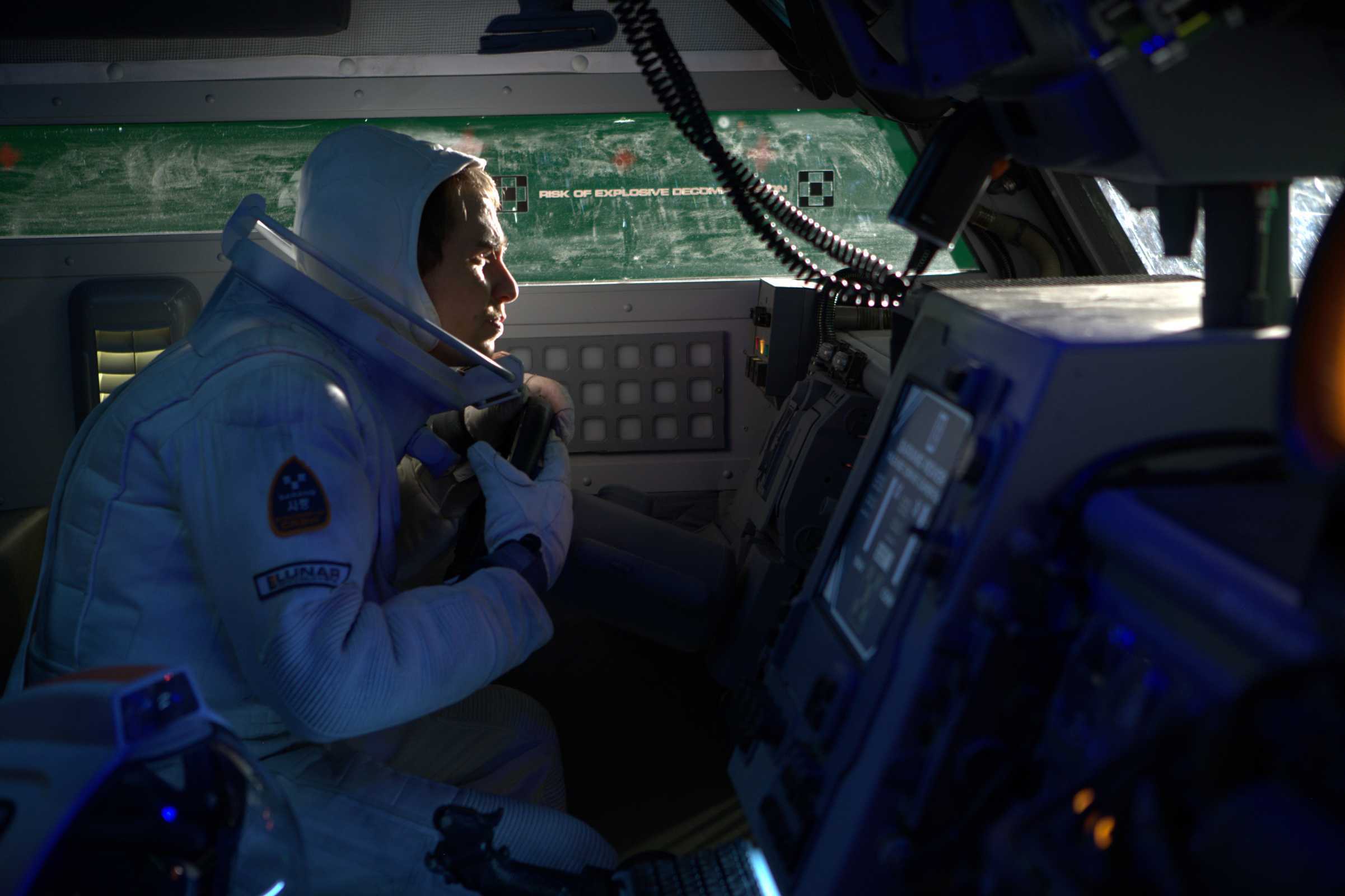

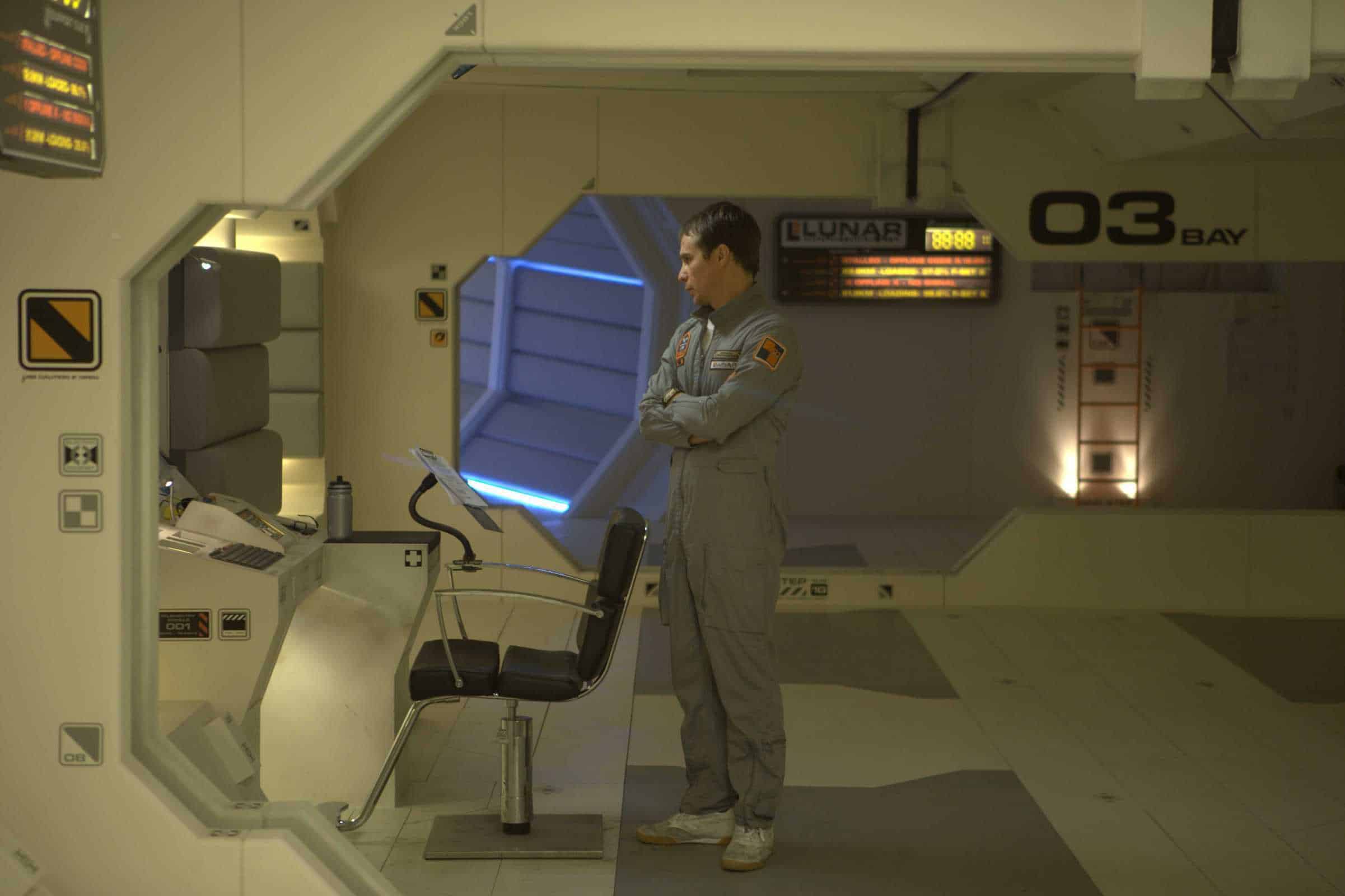
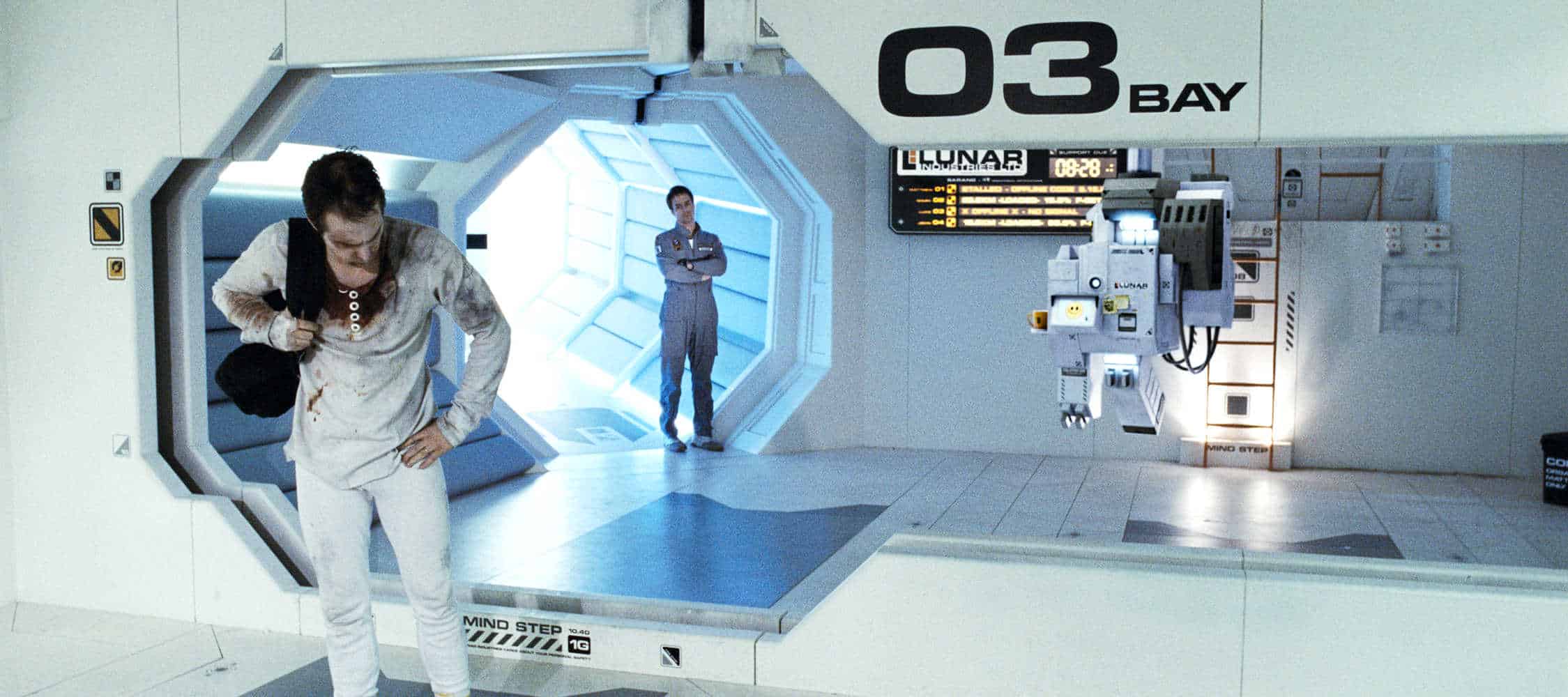
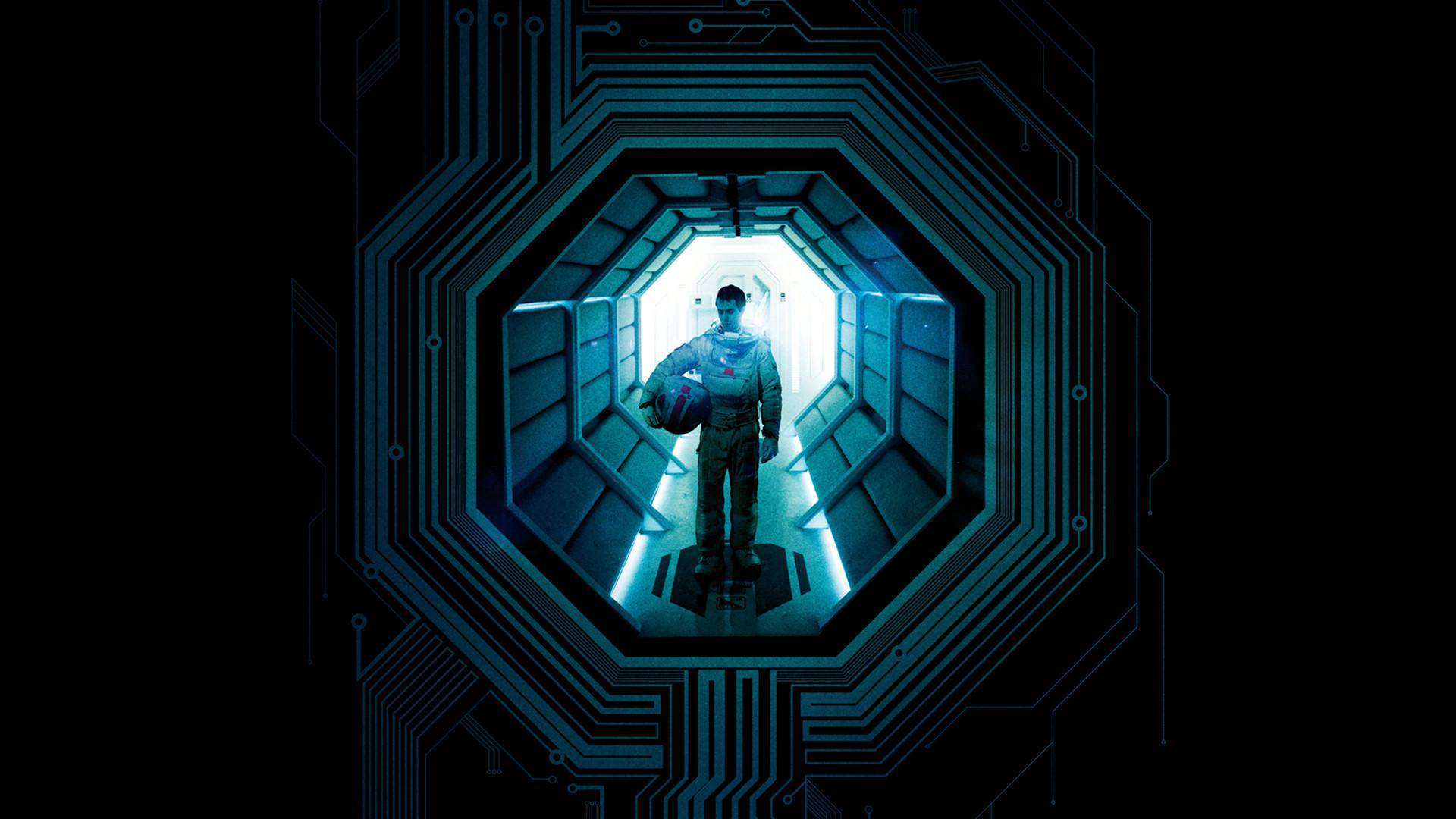

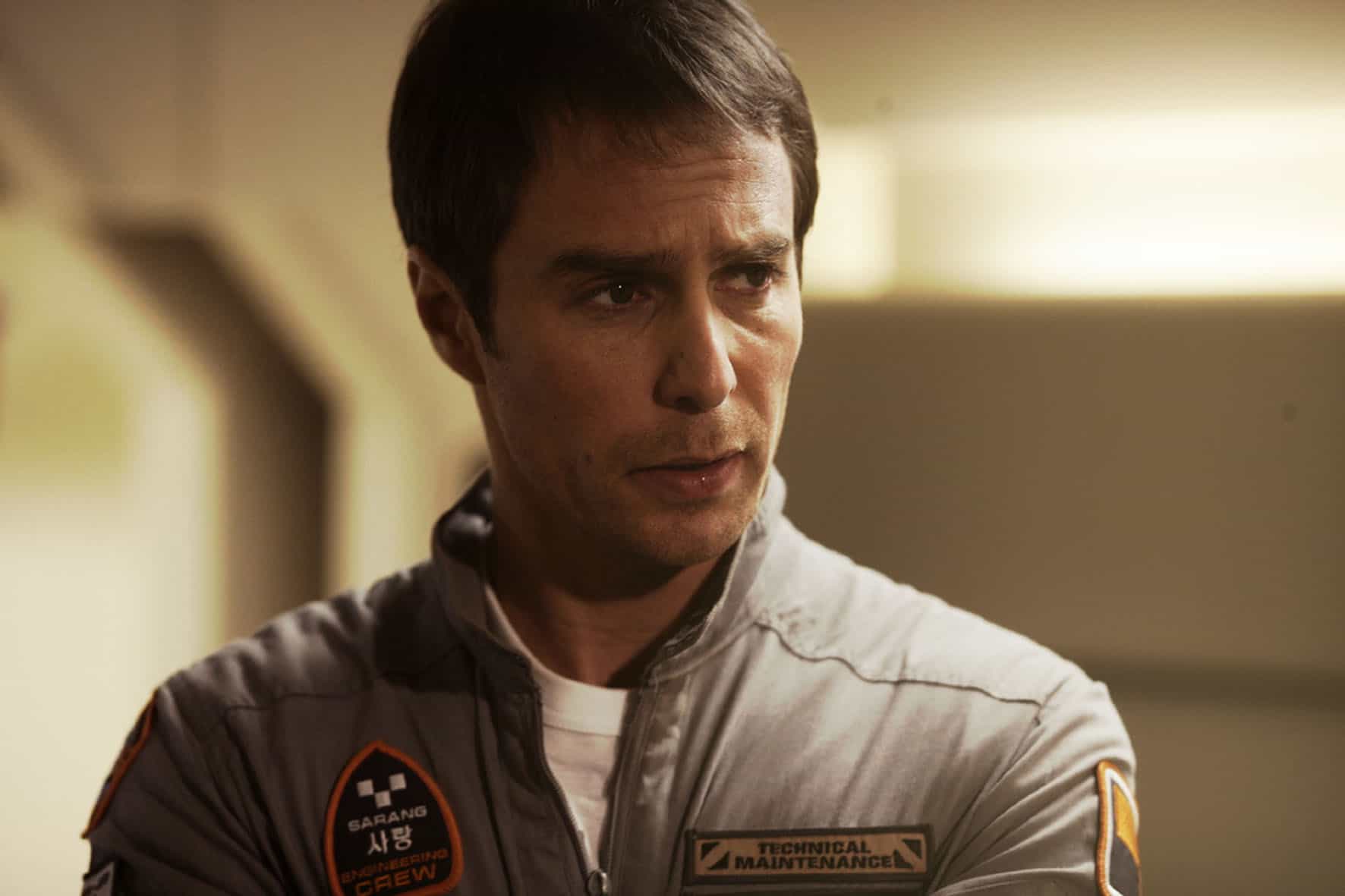
Featured Videos
Official Trailer
Comments
Loading comments...